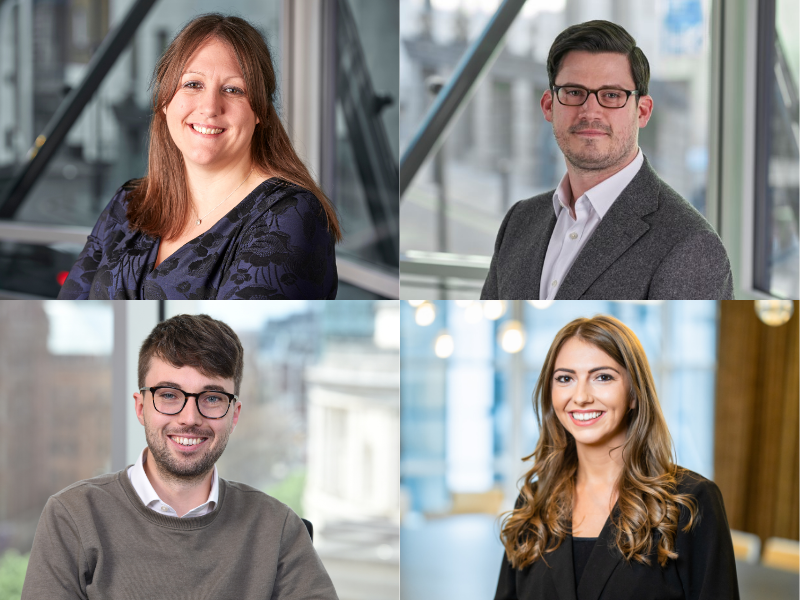Legal Geek is compiling a ‘hack-book’ of lawyers and legaltechies who code. If you code, or are learning to code, we would love to include you in our ‘hack-book’. Drop us a line via [email protected] [yes it is .co].
 Alejandra Figueiras is a former managing partner of law firm Figueiras & Fischbach who learned to code in Python at the age of 42 as part of her participation in a data science programme at the Data Incubator in Washington – where she remains the only lawyer to have attended the programme.
Alejandra Figueiras is a former managing partner of law firm Figueiras & Fischbach who learned to code in Python at the age of 42 as part of her participation in a data science programme at the Data Incubator in Washington – where she remains the only lawyer to have attended the programme.
Why did you want to learn to code?
“I was absolutely devoted to the legal profession but I always liked technology. I had founded my own law firm with colleagues and ran it for 12 years. At a certain point in my career I felt we were doing things wrongly. I began to wonder how we could do things in a more efficient manner.
“In today’s world, the knowledge we can acquire can be superficial. I like more in-depth knowledge. I wanted to know what was behind the magic that happens when you use, say, an app.
“I thought that if I want to be able to talk about data science and technology, I really need to know what I am talking about.
“So I decided to enrol in Washington’s Data Incubator, and was accepted. Although they said you didn’t need to code, it was pretty clear after I had been admitted that you needed to know it before you arrived.”
How did you learn to code?
“When I was accepted to the Data Incubator, I didn’t even know how to open the shell of my computer! So I had a tutor two days-a-week for four months to help me learn.
“When I wasn’t with the tutor, I was full-time teaching myself through on-line tutorials.
“So by the time I went to Washington I had reached a level I was comfortable with.
“I was then in Washington for two months, studying coding for 8 hours-a-day. We did coding challenges first thing in the morning, every day. I also built a web app for my Capstone Project (both front and back end), all by myself. I developed another region of my brain!
“When you learn a new language, you learn about ‘false friends’ and grey areas but coding is really clear. I also learned to change my language from many words and grey areas to the language of computers.”
How difficult was it to learn?
“It was a very challenging time in my career! And for me it would not have been possible without a tutor. There are great tutorials online but the opportunity to ask my own questions is very important when you know nothing about it to begin with.
“In Washington, I was the only lawyer to have ever taken the course. I was always embarrassed because I was slower and everything was very difficult for me, but at the same time I was proud of overcoming the challenge.
“The aim for most of the people was to get a job in data science. Yet being able to code professionally was not my aim.”
https://www.legalgeek.co/read/should-law-students-learn-to-code/
How has learning to code benefitted you?
“I now have a pretty complete overview of coding and the tools available to create software.
“My level is basic but I can read an algorithm and, more or less, understand what’s going on.
“I am now close to closing my own circle of understanding within data science and technology and I am doing a lot of research into the application of these tools to the legal field. When my understanding is complete, I will decide what to do next.
“I like law very much but I like the crossover with data and technology even more. And put together it can be an amazing combination.”
Would you recommend learning to code to other lawyers?
“If you want to be a lawyer who knows what technology can do then you should learn to code – or at least have an understanding of coding. Which is different to learning to code. As a Spanish-speaker I can read a book in Italian but I couldn’t write a book in Italian.
“It will give you a perspective of what you can do. If you limit yourself to using tech tools you can be a very good user of tools but if you want to really innovate and set your own limits, learning to code is very useful.”


